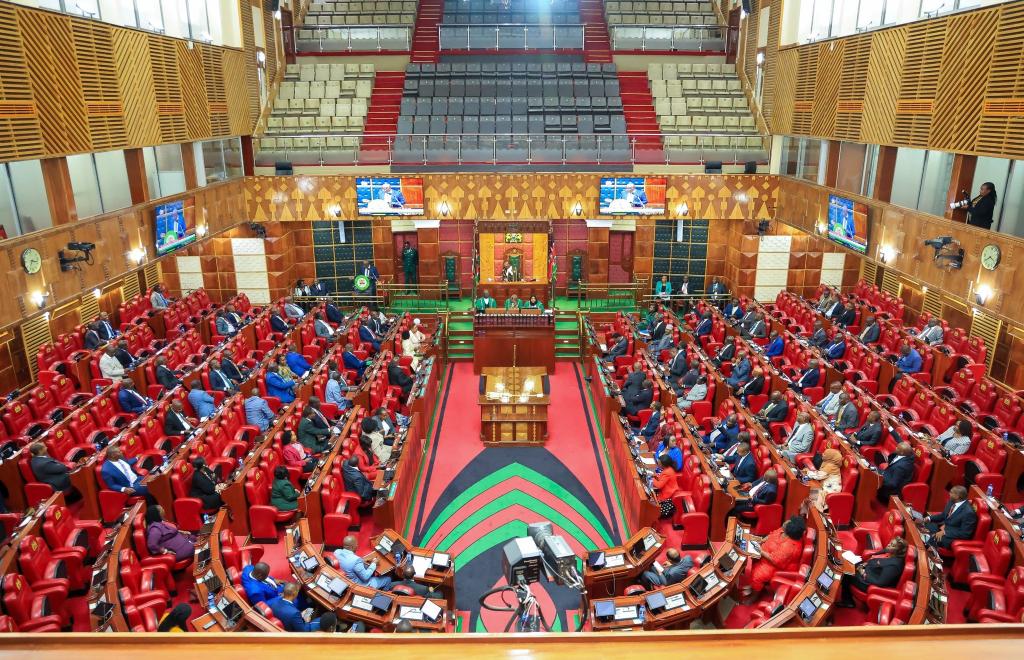MPs want waste curbed before Kenya Pipeline privatisation proceeds

The proposal to privatise KPC has been formally tabled in Parliament and handed to the joint committees on Energy and on Public Debt and Privatisation for detailed examination.
Lawmakers have told the government to address wastage and mismanagement of public resources before going ahead with its plan to privatise the Kenya Pipeline Company (KPC).
Their position emerged on Monday, August 11, 2025, during a session with Treasury Cabinet Secretary John Mbadi, who was defending the proposal to sell part of KPC.
The plan, contained in Sessional Paper No. 2 of 2025, aims to raise about Ksh100 billion to fund the current budget and prevent delays in development projects.
Mbadi maintained that privatisation would allow the government to secure funds without burdening citizens with higher taxes.
“Raising taxes at this point is not an option. Privatisation will give us fiscal space while avoiding more burdens on taxpayers,” he said.
However, MPs argued that selling a profitable and self-sustaining strategic asset should not be the first option.
They called for stronger fiscal discipline, improved management of resources, and sealing of financial leakages in ministries, departments, and agencies.
In response, Mbadi said reforms were already underway, including e-procurement and stricter accountability systems, to cut down on wasteful spending.
“These measures will go a long way in reducing unnecessary expenditure across government operations,” he stated.
The proposal to privatise KPC has been formally tabled in Parliament and handed to the joint committees on Energy and on Public Debt and Privatisation for detailed examination.
Lawmakers are expected to assess the projected financial benefits against the strategic value of keeping the company under state ownership.
Following the tabling of Sessional Paper No. 2 of 2025, the public has until August 13, 2025, to submit views on the proposed sale. The Treasury plans to offload a 65 per cent stake in the state-owned energy firm, a move officials say could boost activity at the Nairobi Securities Exchange, which has faced a long period without new listings.
According to the Treasury, the plan is intended to reduce government control in major commercial enterprises, attract private investment, enhance operational efficiency, and promote competition in the petroleum infrastructure sector.
